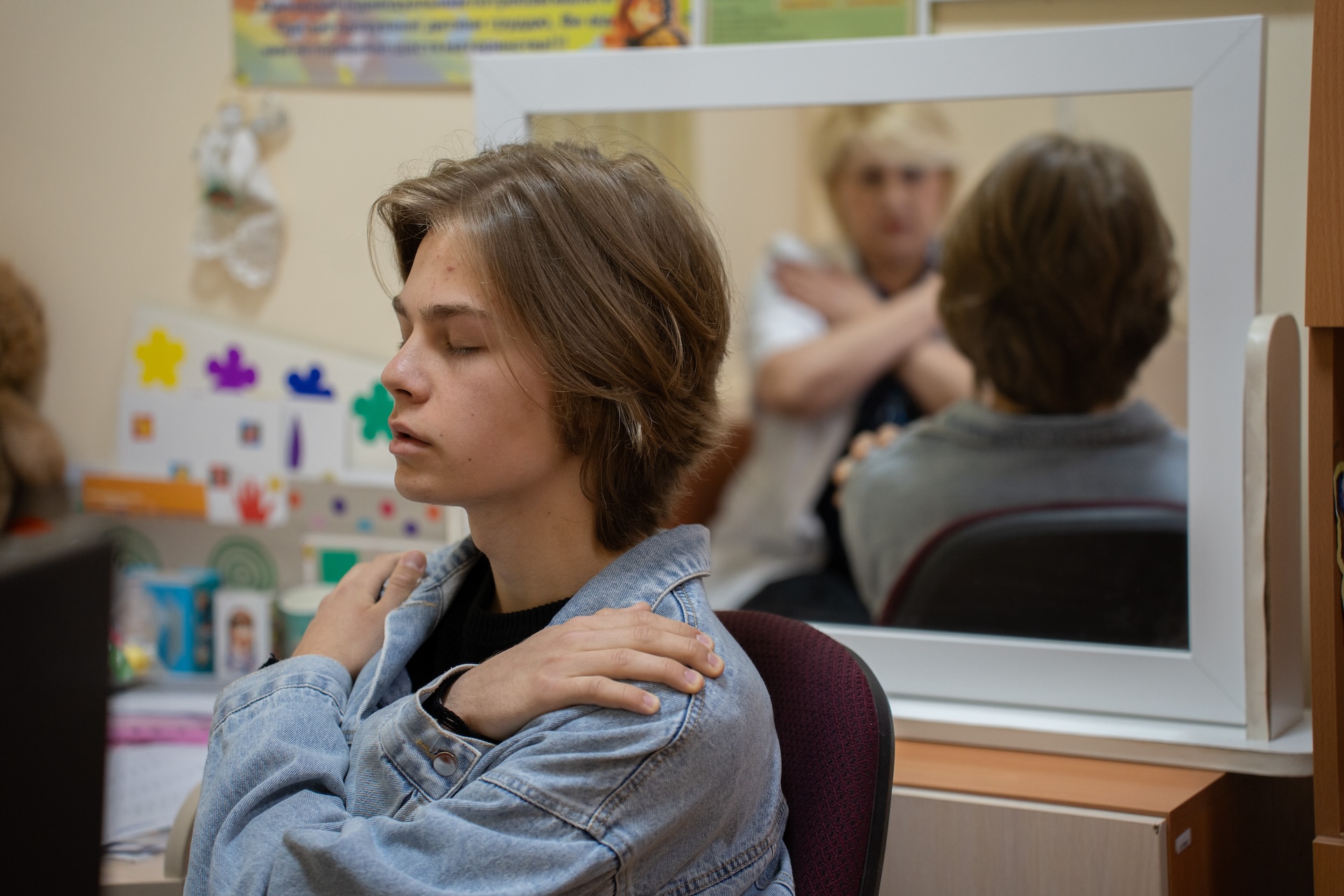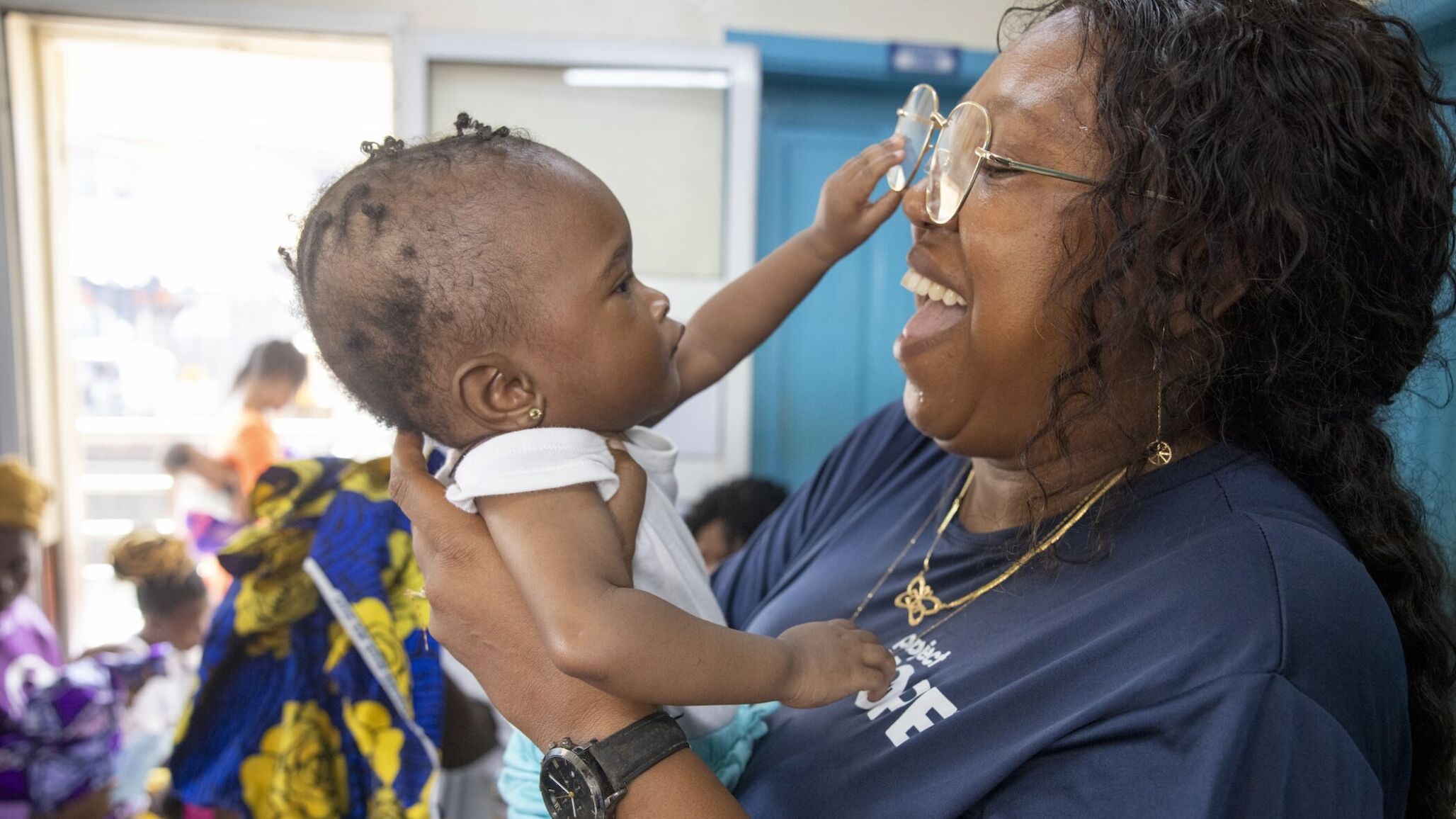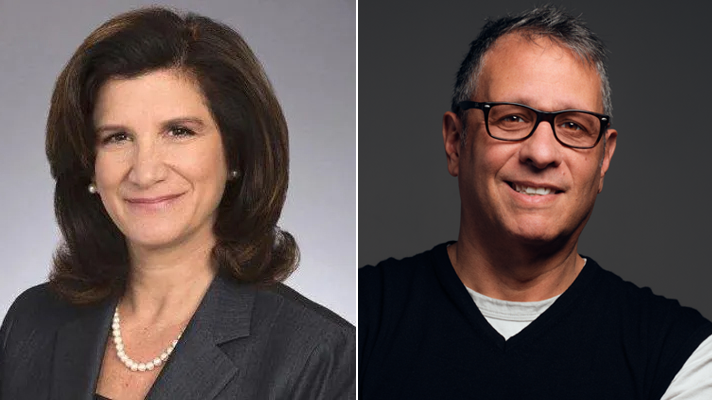On the Front Line of War, Kherson’s Health Workers Find Support
Project HOPE and the Swiss Agency for Development and Cooperation (SDC) are supporting health workers across Ukraine, including on the war’s front line.
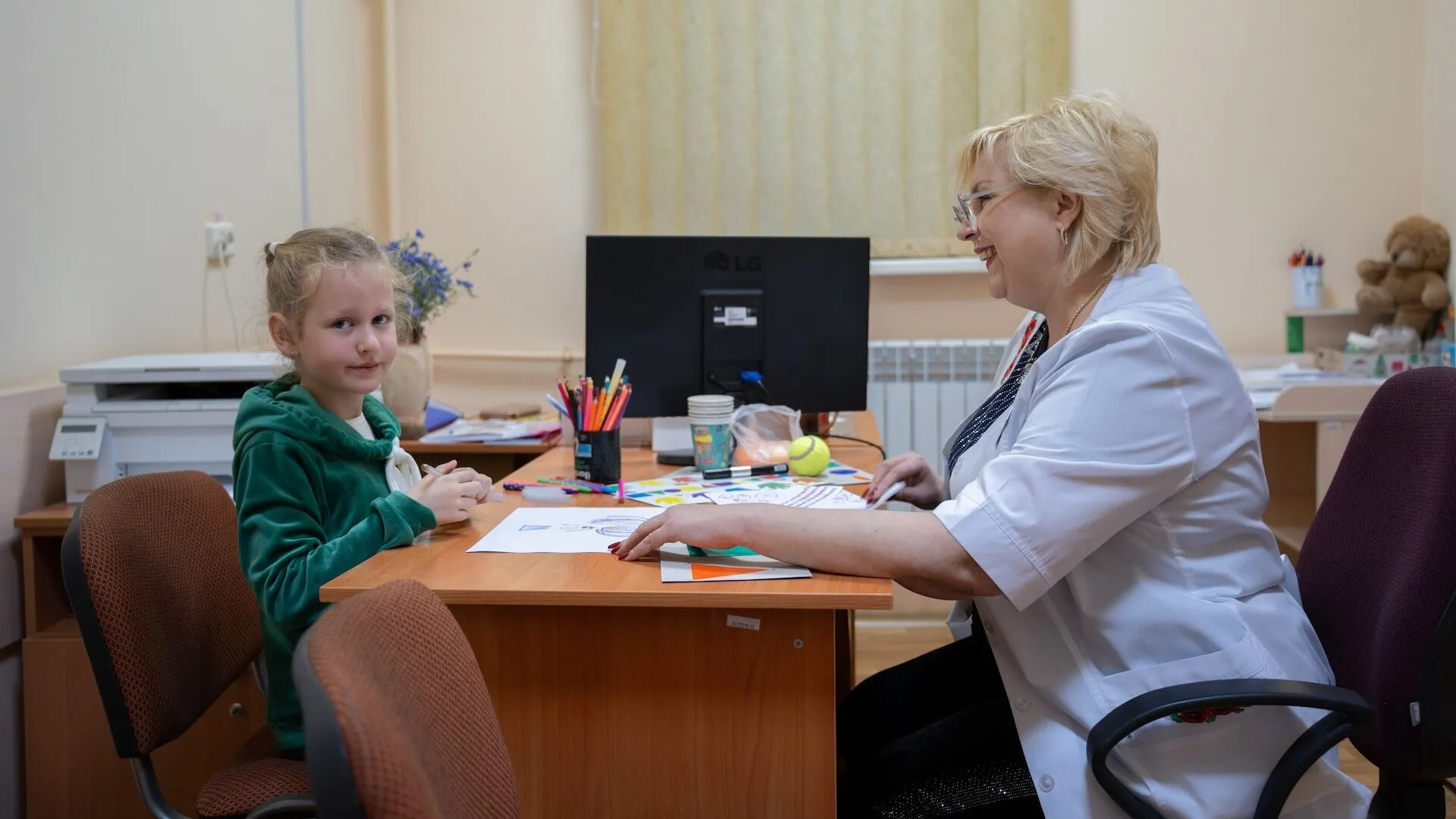
Ukraine’s health system has struggled under the weight of the ongoing war. The country’s health workers face a dangerous security situation, high workload, and a lack of funding — yet they must still meet a great need for medical services, especially in the front-line communities that constantly suffer from shelling and experience an outflow of medical workers.
With the support of the Swiss Agency for Development and Cooperation (SDC), Project HOPE is providing financial grants to medical staff — supporting 44 doctors in nine hospitals across five regions.
In Kherson city, one of the areas Project HOPE supports, health workers live on the war’s front line. Kherson was de-occupied in fall 2022 but has remained a target of war for more than two years.
Below, meet a few of the doctors Project HOPE supports and hear how they are serving their community in the face of daily conflict.
Vitaliy

Vitaliy is an otolaryngologist at the Kherson Regional Children’s Hospital. He returned to work immediately after the liberation in 2022, treating children despite the security situation in the city.
“It was such a joyful moment when we returned home,” he said. “Despite all the shelling, we are in our city, doing our work, treating children.”
Vitaliy finds inspiration each day in the young patients he treats — including those living in the remote villages he travels to across Kherson to provide medical care.
“The support of your organization and the grants you’re giving are very important to us,” he said. “Thank you.”
Yulia
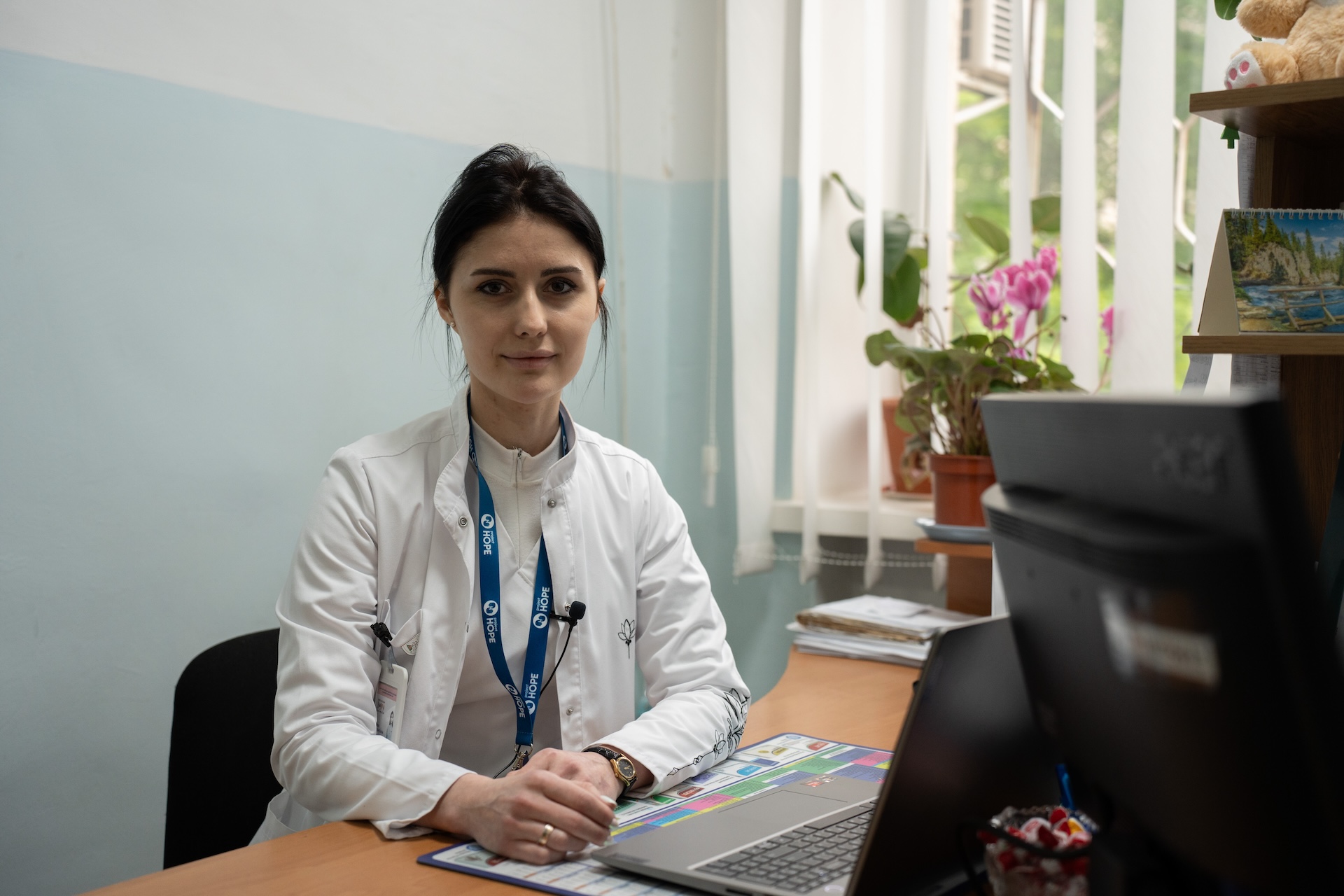
Yulia is a general practitioner at the Children’s Hospital of Kherson Oblast. She and her husband never left Kherson during the full-scale invasion and worked during and after the occupation.
“We realize that we are very much needed here,” she said. “There is a great need for children’s doctors, so we are ready for any circumstances.”
“Recently, I came under fire. I provided first aid to the injured children who were nearby. Sadly, not all of them were saved, but some were. Moments like that are etched in your memory and morale.”
Despite the dangers, Yulia understands her place is exactly where she is now, and this inspires her and motivates her to continue her vital work.
Olha
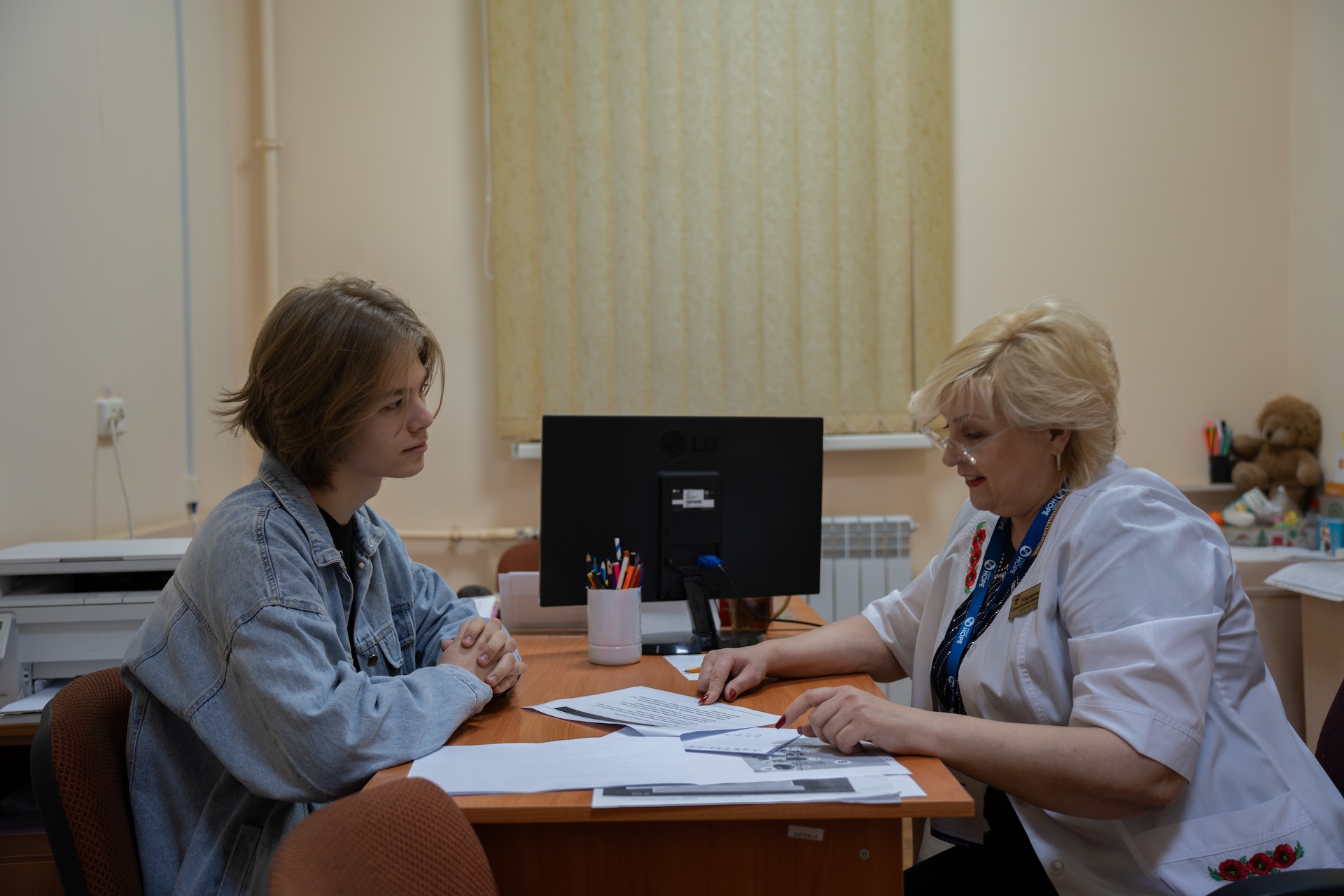
Olha is a psychologist working at the Kherson Tropyanykh City Clinical Hospital. Olha has been working as a therapist for 13 years, treating both adolescents and adults. She has remained at her workplace since the beginning of the war in Ukraine and continues to work.
“I help our people: those who have suffered from shelling, whose children, husbands, and relatives have died,” she said. “In the beginning, it was very difficult because most of them could not leave — they were under fire, cars were shot up, and children and women were the only ones left. The men were killed.”
As a specialist, Olha told us that people in the Kherson region are permanently anxious, chronically depressed, generally worried, and suffer from a lack of sleep.
“In the beginning, it was very difficult because most of them could not leave — they were under fire, cars were shot up, and children and women were the only ones left. The men were killed.”
During our conversation, Olha met with Danylo — a patient who has been coming to her regularly for psychotherapy sessions.
Danylo survived the occupation, the de-occupation, and even shelling close to his home. His experiences motivated him to seek help from a psychotherapist.
“I see the result,” he said. “I see that it really helps me and that I am returning to normal life. We worked on my panic attacks and they began to occur only rarely. Olha helped me a lot, and I feel much better.”
Like all Ukrainians, Danylo dreams of peace, an end to the war, a walk in his hometown under a peaceful sky, and spending time in the historical center of Kherson, where he grew up and spent most of his life.
